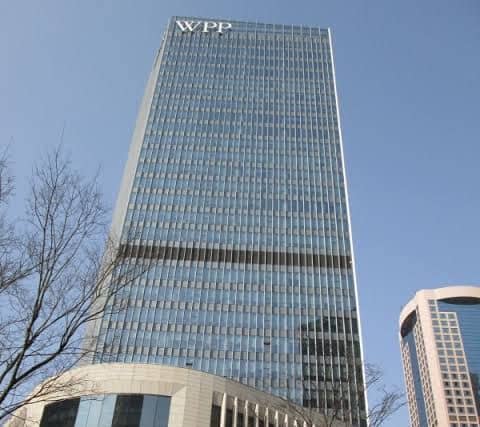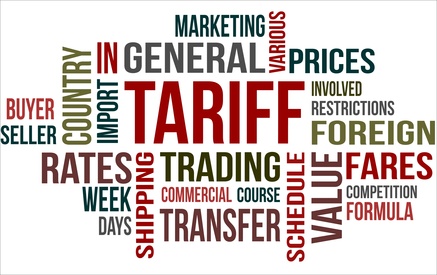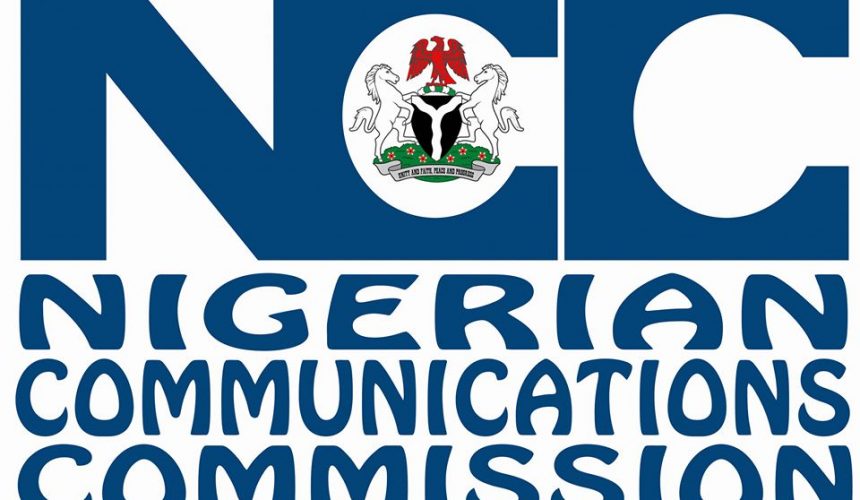By Seun Johnson
The future of WPP, a global communication services company that uses creativity to help clients and communities build better futures has sparked a debate among thought leaders in the Integrated Marketing Communication Industry.
In an article posted on LinkedIn over the weekend by Ivan Fernandes, a marketing strategist and digital specialist, the company has found itself at a junction that has elicited speculations on the potential sale of its crown jewel, GroupM.
GroupM, a division that is responsible for managing £60 billion in media spend annually has long been the cornerstone of WPP’s success. However, Fernandes pointed out that the company’s leadership now faces the question of whether to hold on to this division that serves as its financial backbone.
Paradoxically, this very asset is now believed to be holding WPP back from adapting to a future driven by artificial intelligence, creativity, and transformation.
According to Fernandes, the daring comment from Martin Sorrell, WPP’s founder and former CEO, has captivated the advertising world.
Sorrell who was the architect of WPP’s empire had reportedly issued a stark challenge: “Break or go private.” His words are not merely an observation but a challenge to WPP’s current leadership to rethink its strategy in a world where consultancy firm like Accenture is rewriting and redefining the future of advertising.
The marketing strategist opined that the decision WPP faces is not just financial, but it is existential.
“Will the company cling to the stability of its past or embrace the uncertainty of transformation to secure relevance in the future? This is the time to decide,” Fernandes raised a poser with his submission.
His views on the social media page has however been eliciting reactions and comments from industry watchers.
Reacting, George Prest, Partner at J Goodwin & co. said, “I’d be interested in a reverse takeover of WPP by a capital-backed, new model marketing OS company – someone creating an infrastructure to sit on top of data, using a DSP, DMP, SLM and GenAI creation, to optimise the generation of insights, creative, media and ecomm.
“The backers would have to provide sufficient investment to inject the OS into the holding company and make the necessary shifts in strategy. For me, that would include jettisoning all but one of the creative leviathans that have been created and doubling down on AI to build a connective engine.
“I’m not sure such a OS company exists. I’m not sure that WPP has the data capability to make it happen. The backers would have to have deep pockets and patience. But it sounds fun. A bit like buying an old aircraft carrier, sacking the crew save for a few bridge folks, automating the weapons system, swapping the old engine for a nuclear fusion reactor and the anchor for a blockchain.”
Also commenting on the development, John Santiago, an Entrepreneur and Impact leader explained that one perspective to consider is if there’s any upside to potential holding company breakups (or consolidation), saying it may lie in divesting or consolidating creative shops.
“The media business, which operates more like banking and trading at the holdco level, offers more predictable margins and sufficient cash flow to sustain the delayed cash cycles that are typical in ad agencies. The pressure is on time-based agency models, where justifying hourly rates and large teams is difficult as clients now have clear evidence of improved efficiency (lower overhead costs in many markets and significant time gains through AI adoption), and they expect leaner teams powered by AI, data-driven insights, and world class creative talent.
“I suspect the Omnicom/IPG conversation went like this: “We both need significant cost reductions (code word: layoffs) and to realign our businesses. If we merge, we can control (to some extent) and avoid losing client confidence, revenue, and key employees while making the necessary adjustments to hit quarterly margin targets. Otherwise, we’ll each face massive hits to reputation, client loss, and market share.”
“WPP and others likely have had similar discussions, as the model has been permanently altered.” He wrote.
Nakia Clements, Media & Marketing Executive also wrote:
“This is all very provocative and interesting but misses a major factor and skillset that’s a huge part of media expertise- strategic planning. Without strategic media planning expertise the integration of creative/data/media will always fall short. Media people that work exclusively within digital channels only, usually haven’t been trained in that expertise and miss that part.
“The strategic planning experience is typically what helps win the major accounts and is typically why clients remain at agencies. If you have all of the data but can’t advise clients on how to deploy within media channels (which change rapidly), what value are you truly bringing to clients as a media expert? In my opinion, the major problem for holding cos and media agencies is actually a brain drain of strategic talent. I once lost a pitch to a $200MM client because they felt we had the data chops but weren’t convinced we had the media planning expertise!”
Similarly, Kass Sells, a Global Executive and IMC Leader, commended the thought provoking article and point of view of the writer.
Offering a word of advice to the company, he said, “one could argue the current value of WPP is GroupM, and divesting the creative assets makes more sense. WPP could focus on high volume, high margin, repeatable media earnings. Independent creative, digital and PR agencies would have the freedom to focus on clients and growing their core capabilities.
John Dunne, an advertising guru and business advisor also wrote in the comment:
“Fantastic article Ivan Fernandes Your analysis is both insightful and comprehensive, capturing the nuanced challenges and opportunities WPP faces with GroupM. The strategic tension between leveraging GroupM’s profitability and aligning with WPP’s creative and AI-driven vision is a fascinating dilemma.
“Sir Martin Sorrell’s perspective was interesting, especially in relation to the risks of public ownership and the potential for consultancies like Accenture to disrupt the traditional holdco model. The notion that scale is losing relevance in an AI-dominated world is compelling and aligns with broader trends reshaping the industry.
“Your piece does an excellent job of contextualizing this potential “seismic shift” in light of moves like the Omnicom/IPG deal and Accenture Song’s expansion into media. As you suggest, WPP selling GroupM would not just be a financial decision but a transformative signal to the market.”
However asking the writer a critical question, Matthew Wool CEO at Acceleration Partners said, “Ivan Fernandes one thing not addressed here – where does this leave Sir Martin’s own current holding company that has seen its stock price collapse? Does this imply S4 too needs to go private?”






Comment
No comments found.